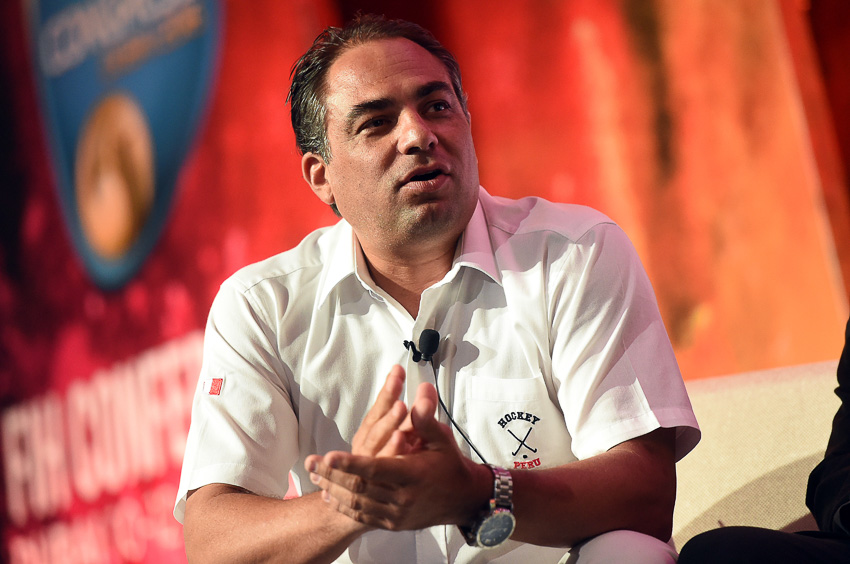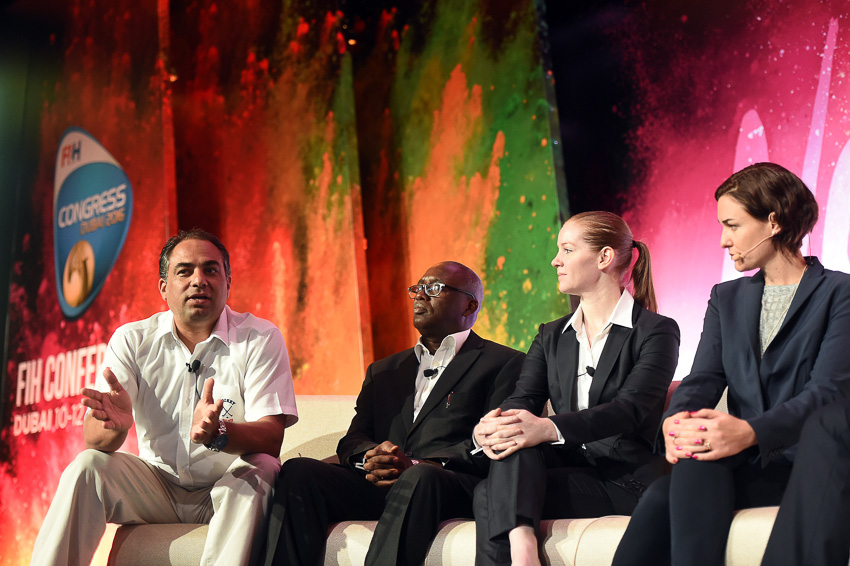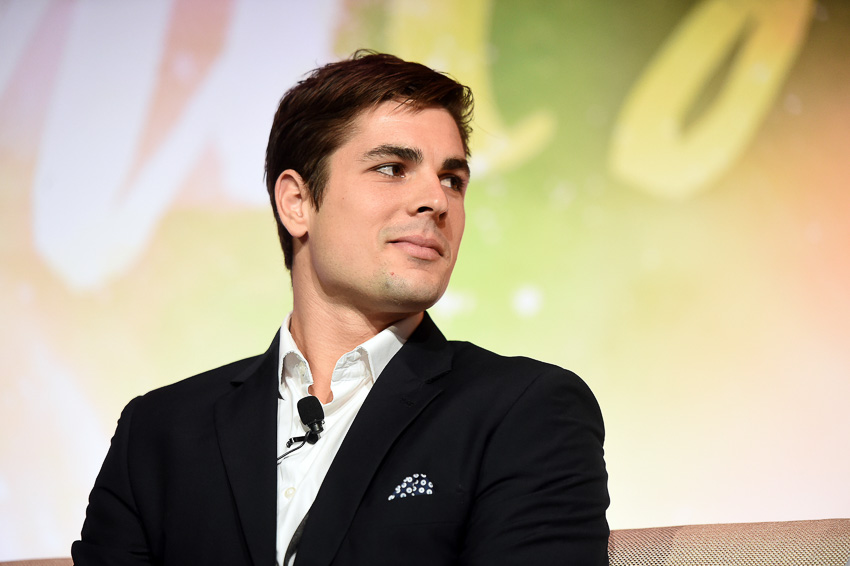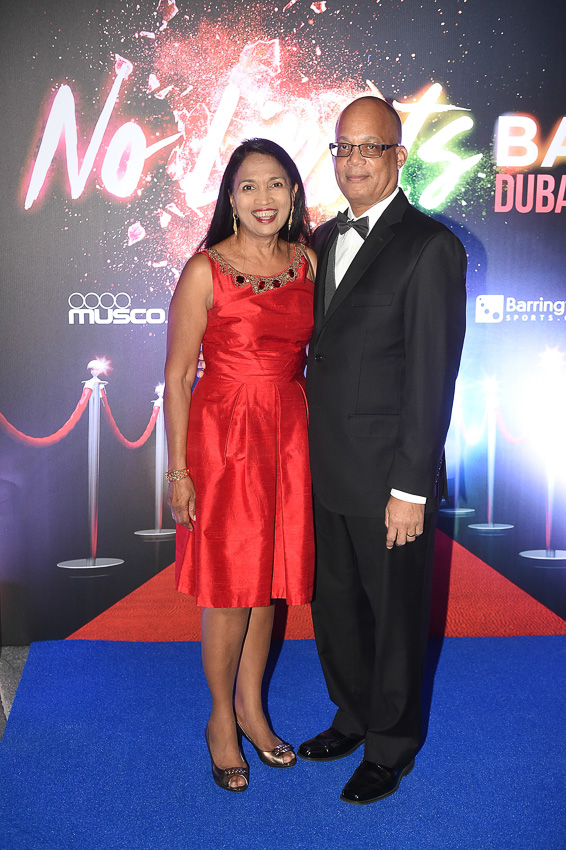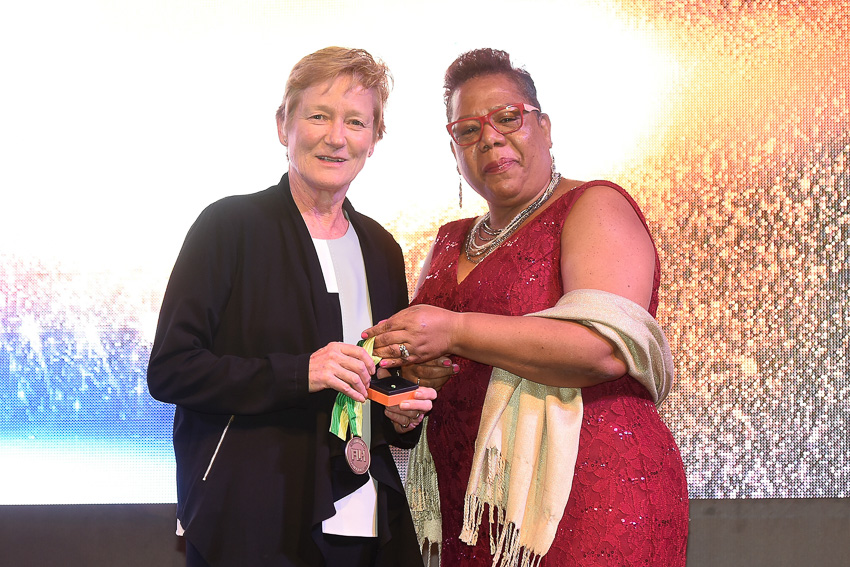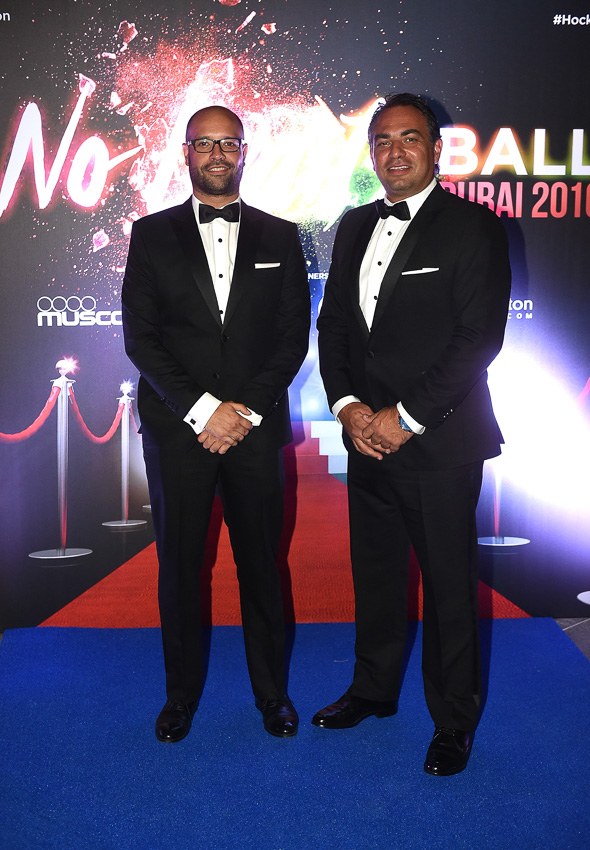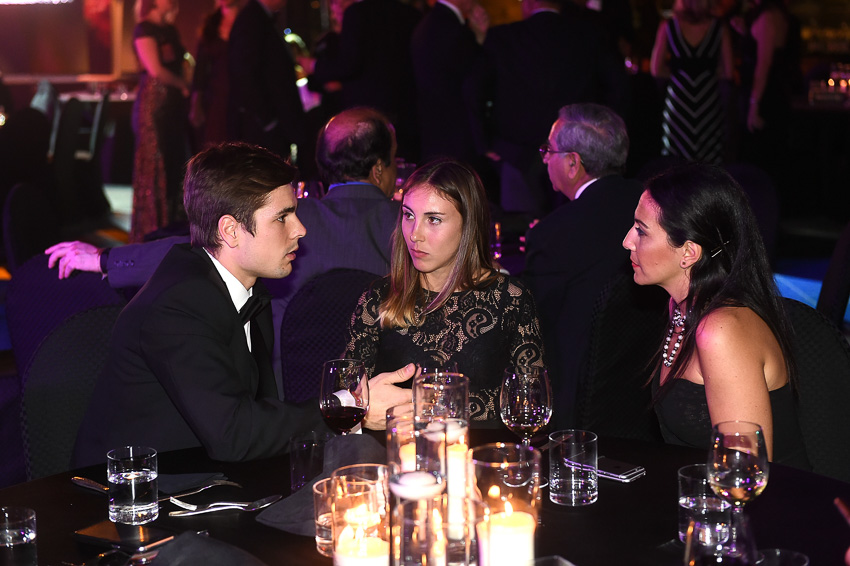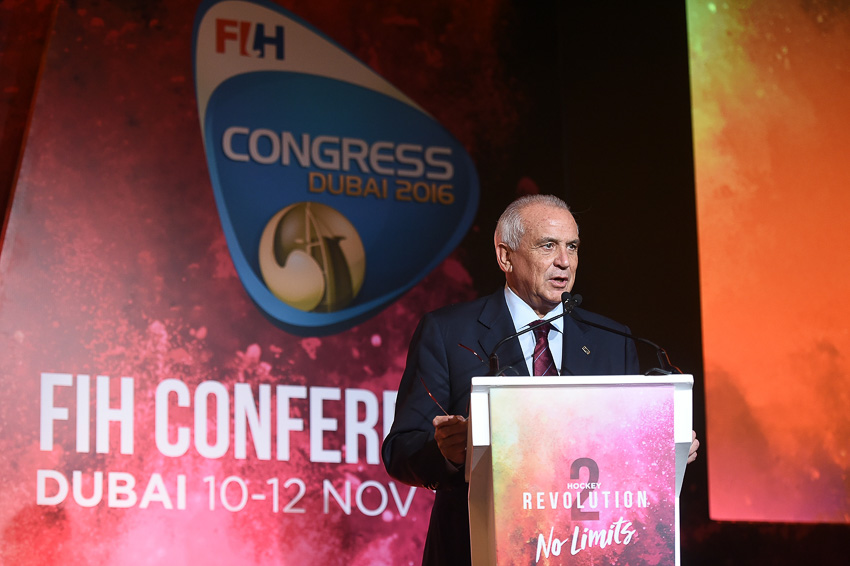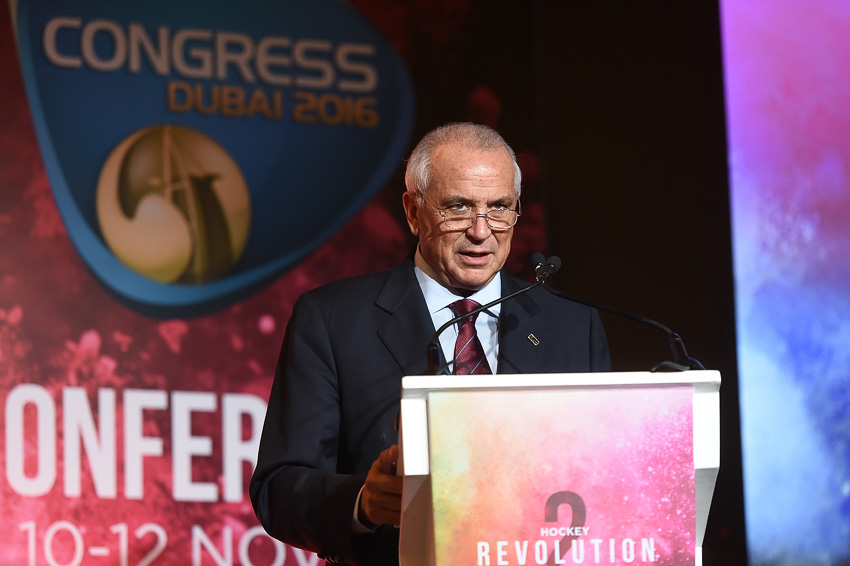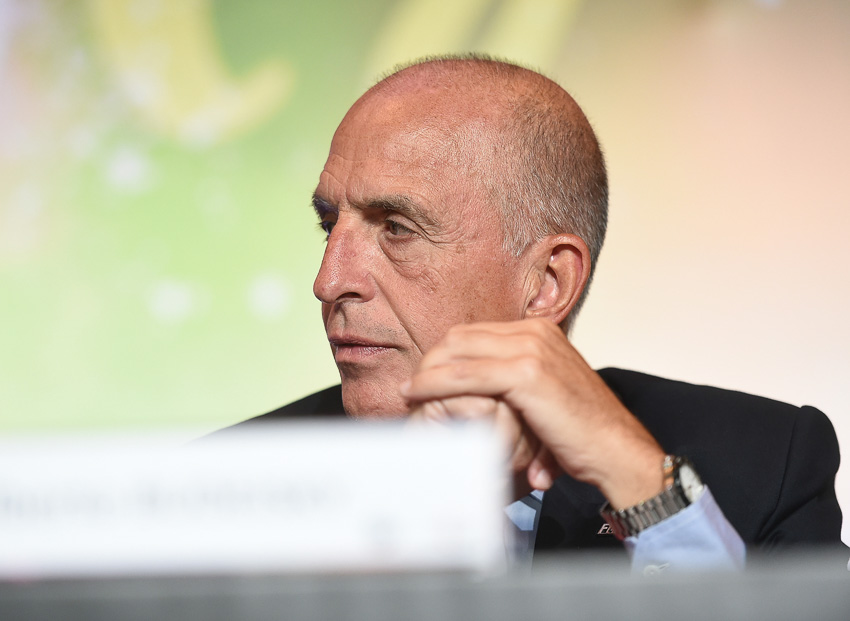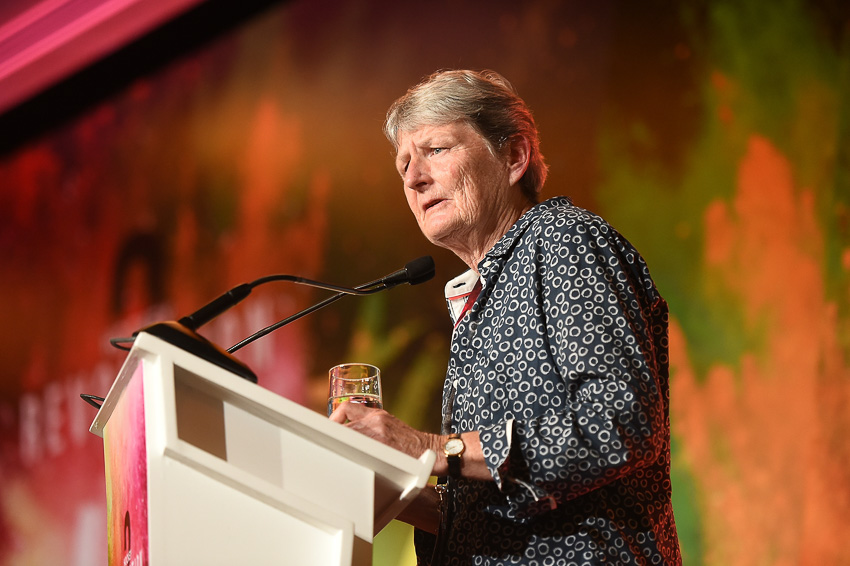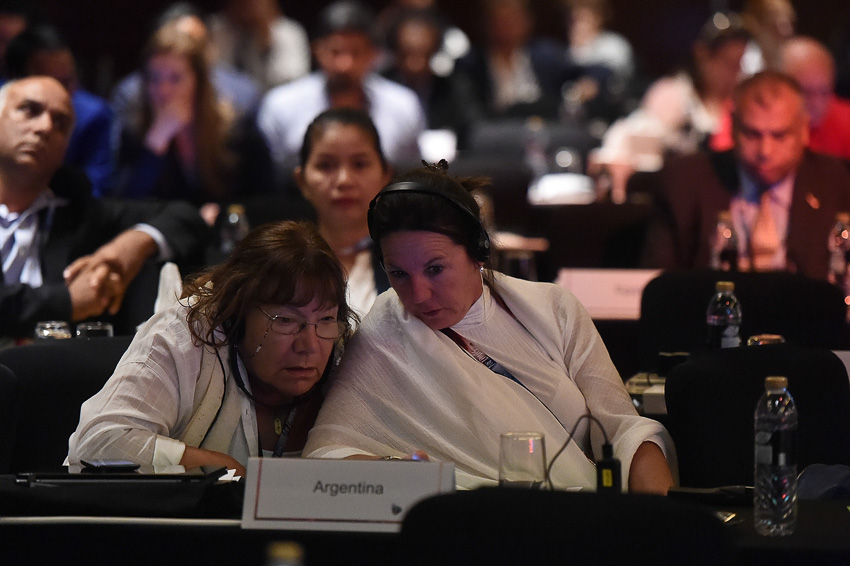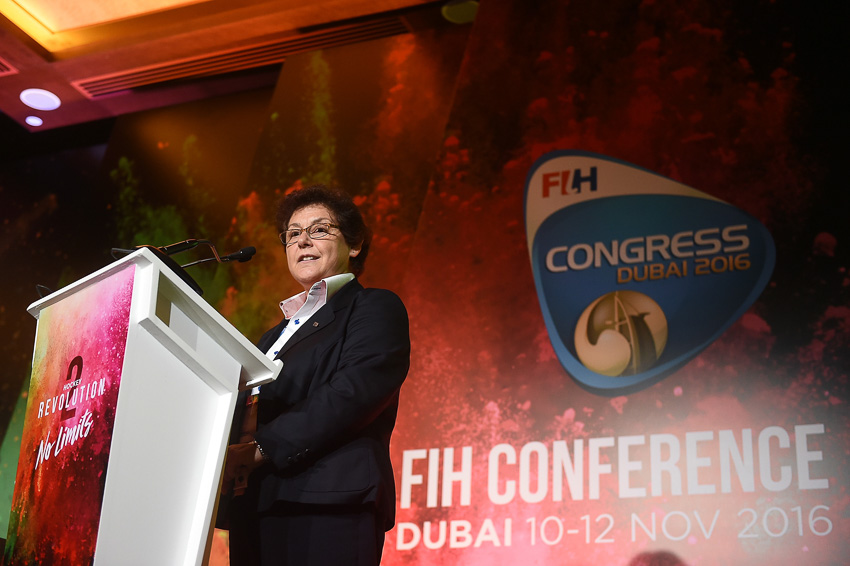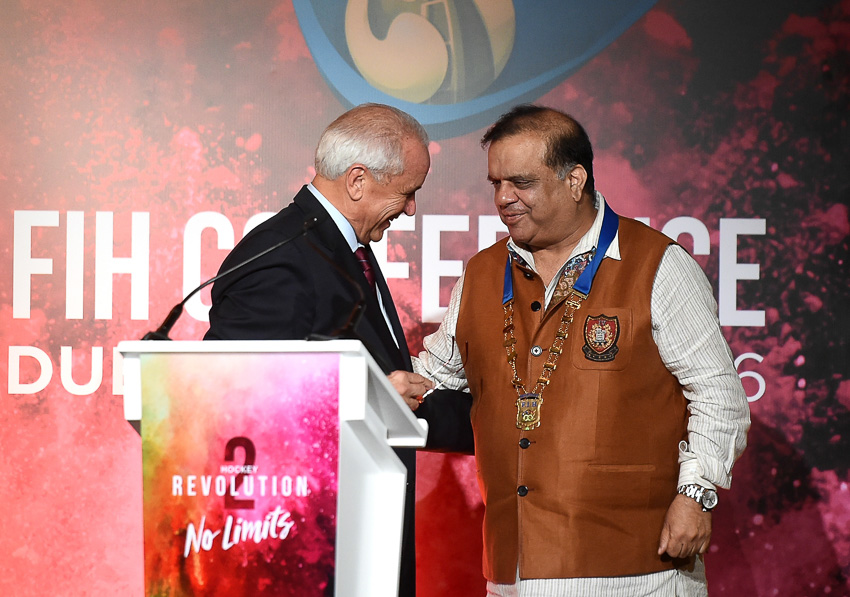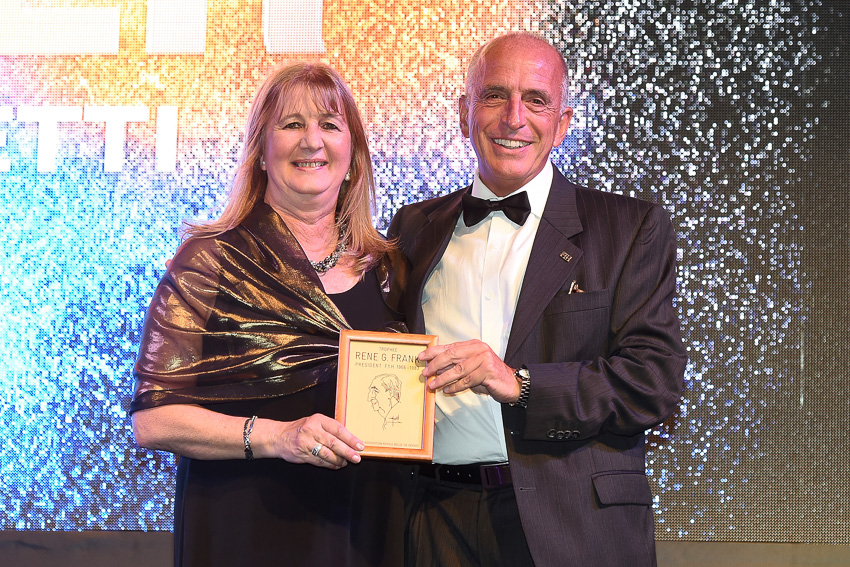
New events, a new President and new faces on the Executive Board: it was all change at the 45th Congress of the International Hockey Federation (FIH).
Delegates in Dubai spent two days talking hockey and debating the future of the sport as FIH unveiled stage two of its 10-year strategy, Hockey Revolution II. It was also a time for a fond farewell to Leandro Negre who stepped down after eight years as FIH President, to be replaced by Dr Narinder Batra, the current president of the Indian Hockey Federation. In a three way vote, Dr Batra defeated David Balbirnie of Ireland and Ken Read of Australia to become the first Indian to be elected President of an Olympic Sport’s international governing body. In the vote, 68 national associations backed Dr Batra, with 29 votes going to Balbirnie and 13 to Read. Eight national associations abstained from voting.
There were also changing faces on the FIH Executive Board with Danae Andrada from Uruguay, a Pan American Hockey Federation Executive Board Director, President of Uruguayan Hockey Federation and Director of the Uruguayan Sports Confederation, elected to serve as an Ordinary Member on the FIH Board.
Danae joins Alberto (Coco) Budeisky of Argentina, Pam Stuper of the USA and Maureen Craig-Rousseau of Trinidad and Tobago as the other three members of the FIH Executive Board (EB) representing the Pan American region. Budeisky continues as Continental President while Stuper and Craig-Rousseau will continue as Ordinary Members. Canada’s Mary Cicinelli, who has served with distinction on the Board since 2012 was not re-elected. PAHF Continental President, Coco Budeisky voiced his disappointment that Cicinelli was not re-elected, saying: “I am really very disappointed that Mary was not elected. I sincerely feel that the national associations did not realise the enormous value that Mary brought to the job. Derek Sandison, Honorary Treasurer for PAHF, who was representing PAHF in the absence of Managing Director Julio Neves, added: “Mary is a very hard-working person with heaps of integrity. Her contribution to the FIH EB will be missed.”
Both men said they were pleased that PAHF continued to have four representatives, with Sandison adding that Danae Andrade brought a legal background to the Board, which could be well utilised.
The election of Ordinary Members follows a decision made by the national associations to accept the FIH EB’s recommendation that the gender structure of the Board should always include four men and four women. Overall, the 15 member Board now comprises eight men and seven women as FIH continues to lead the way in equality of opportunity and representation. Gender equality is something that FIH has practised for a while, but this was its formal adoption. Sandison commented: “Hockey is such an equal and family-orientated sport. Of course some national associations are just more one gender or another – Canada and USA for example, where field hockey is played more by females and ice hockey by the males – but it is good that the International Federation is promoting a gender balance.”
The development of hockey in the Pan American region continues to impress and this was evident when three of the five new national associations to join the FIH this year come from our area. Bolivia, Nicaragua and Colombia – along with Burkina Faso and Swaziland – were all granted full membership at Congress following substantial development of the sport in those nations in recent years. The aim of FIH is to reach 152 national associations by 2024, with the total currently standing at 137. There are 29 PAHF national associations now represented as members of FIH.
For Budeisky, this is a sign that here, in the Pan-Am region, hockey development is heading in the right direction. “The FIH and the larger national associations are realising that to implement serious change, they must help the developing nations. That way, the whole area progresses.”
It is a point that Sandison agrees with: “At the extremities of our area we have Argentina, USA and Canada, all large hockey playing nations. In the middle are a whole number of nations who are either new to the sport or places where hockey is re-emerging. Take Colombia for example, it has huge potential but it needs a push and support. It is hosting the Central American and Caribbean Games in 2018; PAHF needs to work with the national association to help deliver a great event and make sure the host nation is competitive.”
Speaking in a televised forum during Congress, Peru’s Gianni Delucchi re-emphasised the same point. Following the 2014 Congress in Marrakesh, Peru Hockey decided to implement parts of the FIH Hockey Revolution. Although the national association has targeted 2019, its investment in training coaches and umpires, event management and the ability to broadcast events, means that Peru has already hosted two major events and in DeLucchi’s words: “Has shown the world that a small hockey nation can do great things and get involved in the Hockey Revolution. Hockey is not only about the big countries, small countries can do it too.”
Aside from the elections, the other big news that delegates were waiting for was the new Events Portfolio, due to come into operation in 2019. The emphasis here was to build upon the success of the Hockey World League (HWL). FIH Director of Sport, David Luckes, said that since the HWL began in 2012, the competition had grown to include 70 teams and it was providing great opportunities for emerging nations to get a taste of international competition. It also provided the chance for a great and inspirational story, added FIH Events and Marketing Director, Sarah Massey.
“The HWL must continue to be cornerstone of our new event portfolio,” said Luckes. “It gives the smallest nation a chance to write their own chapter in history.”
To make the HWL less cumbersome, it will now run over just over two rounds, a local competition and then a three-venue competition for Round Two.
An addition to the portfolio is a new top tier home and away global league. This is to be the new showcase event to replace the Champions Trophy and World League Semi-Finals and Finals and will mean fans will have far more opportunities to see their teams regularly in top class action. Massey and Luckes pointed out that these were early days and the details were not refined, but the larger picture is in place. Speaking up in favour of the home and away league, Great Britain bronze medalist from the 2012 Olympic Games, Annie Panter, pointed to Argentina as a nation that led the way in fan engagement. “The Argentina crowds were amazing. They cheered every time their team got over the half-way line, and they booed every time we did, but that just added to the amazing atmosphere. To play fixtures in front of passionate home support like that is every hockey player’s dream.”
One very popular speaker at Congress was Argentina’s Olympic gold medallist Gonzalo Peillat. He spoke about the importance of social media to raise the profile of hockey. “Our social media followers have just grown by 90-100 per cent in the past two years. I have followers in Germany where I am playing now and other followers all over the world. People can contact us to ask how we are training, how we get to be good players - it is a really useful way of spreading the word about our sport.”
An issue concerning everyone involved in any form of elite sport is the issue of ethics and, at this Congress, a good part of the second day was spent discussing the FIH Code of Ethics. The FIH has a strong stance on governance and, within the next year, will introduce a new Code of Ethics and updated anti-corruption regulations. The new Code will be fully in-line with new International Olympic Committee (IOC) requirements. It is written as simple as possible to facilitate easy understanding and implementation across all levels of hockey. It will cover the areas of conflicts of interest; confidentiality; integrity (including bribery, gifts and hospitality; match-related integrity and betting); elections and bidding for events. The Code also prepares the way for the creation of a FIH Ethics Panel with the members to be selected from a pool of independent experts.
While most of the discussions and presentations at Congress were of a serious nature, the No Limits Ball was an opportunity for delegates to let their hair down. It was also a chance for the FIH to recognise some of the high achievers in the sport at the FIH Awards Ceremony. The nine awards go to people who have served hockey and its development over the years. This time around, one of the top awards went to a person who will be very familiar to anyone who has taken part in a major international on PAHF soil. The Super Fair Play Trophy in memory of Rene G Frank was awarded to Argentina’s Laura Pigretti.
Nominating Pigretti for the award, South Africa’s Sheila Brown said: “When it comes to long service and high standards you need not look further than Argentina’s Laura Pigretti. She has been a Technical Official at FIH events for more than 25 years – a time span that covers four Olympic Games and three World Cups. She is the fairest, most honest person, who can always be relied upon to go the extra mile.”
And summing up the two days of activities was Trinidad and Tobago’s Maureen Craig-Rousseau: “Having attended the Hockey Revolution Part One in Marrakesh, I am pleased to see the continuity. Part Two is exciting and exhilarating with lots of big things in store. Hockey is moving into the realms of the other major sports.”
